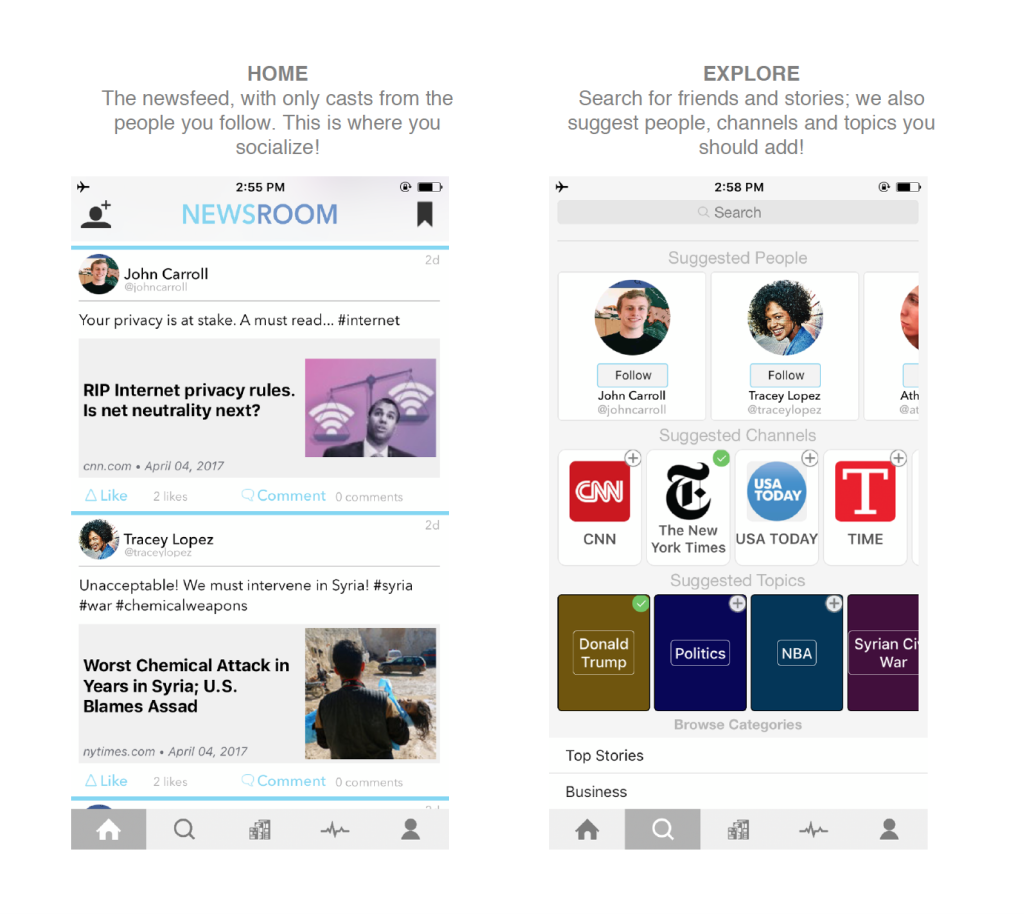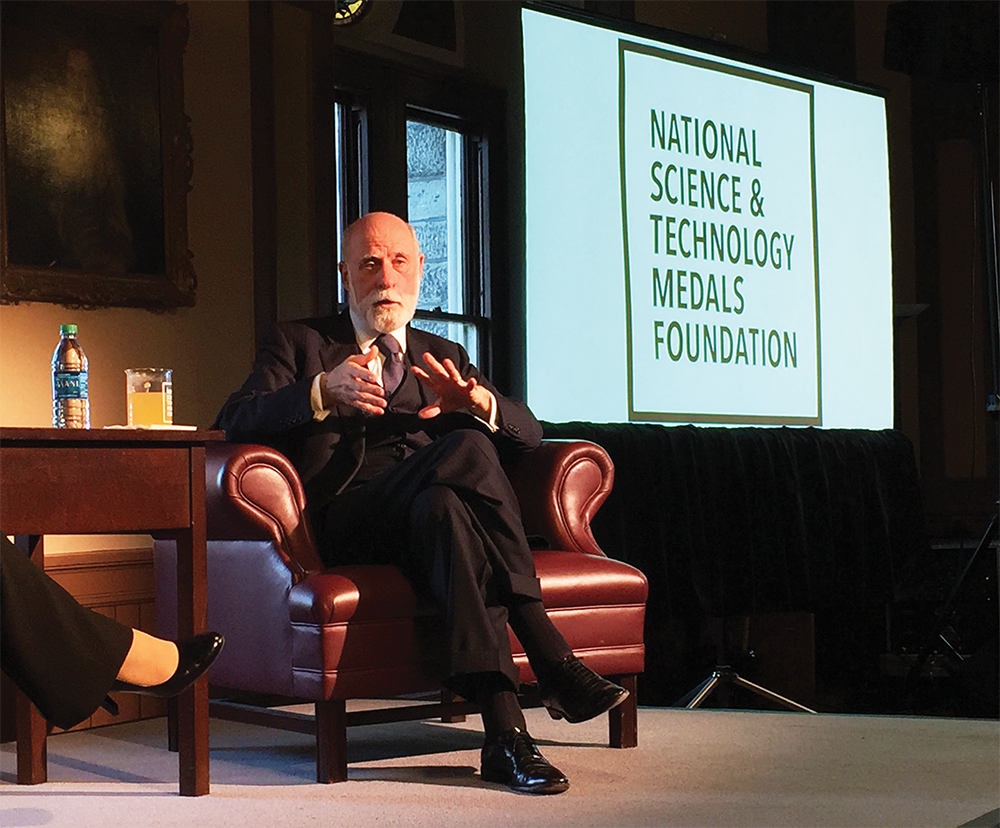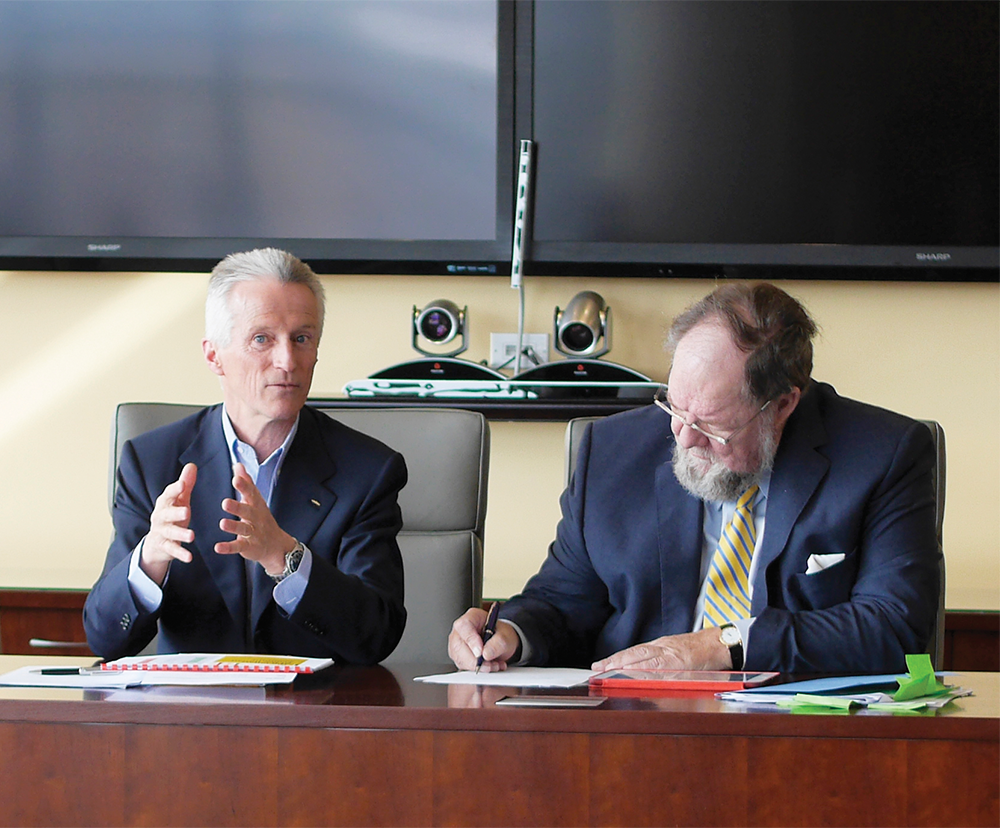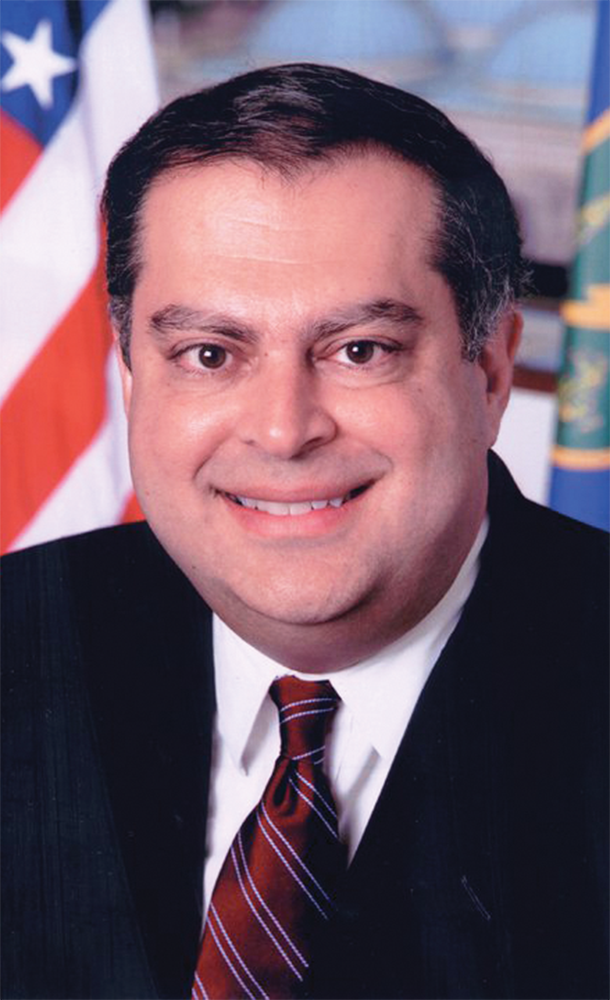
The Beeck Center for Social Impact and Innovation, in conjunction with GU Politics, published recommendations for the new administration.
In a report published Feb. 8, the McCourt School of Public Policy’s Massive Data Institute and the Beeck Center for Social Impact and Innovation jointly addressed innovation in policymaking and recommended a course of action for President Donald Trump’s first 100 days in office.
This publication acts as a follow-up to the partnership’s previous report, “The Architecture of Innovation: Institutionalizing Innovation in Federal Policymaking.” Released the month before the 2016 presidential election, it detailed how the executive could prioritize innovation in government.
The recommendations are divided into three categories: “Structure,” “Policy” and “People.” Among the report’s most important suggestions are calls for specific people or groups of people within the Executive Office of the President to focus on innovation, adoption of flexible policies, inclusion of more technological talent at the time of hiring, recruitment with an eye on skill diversity and community engagement through participatory budgeting.
Sonal Shah, executive director of the Beeck Center, said the Data for Social Good project aims to find ways to benefit the community at large through expanding the usage and application of data.
“Conversations about the use of data often leave out communities and individuals,” Shah wrote in an email to The Hoya. “We started Data for Social Good to broaden the tent and include communities as part of the discussion and efforts to examine the role of data in achieving social impact.”
The partnership, led by Shah and McCourt School Dean Edward Montgomery, incorporates faculty, fellows and staff from both institutes to further political discourse. Shah said the accomplishments of the group include fostering bipartisan dialogue and promoting data use in policymaking.
“Together, we have produced a series of high-profile leadership events, convened bipartisan policy conversations, developed joint proposals to further research on the use of data in policymaking, and published a report on the architecture of innovation in federal policymaking,” Shah wrote.
According to Shah, the report’s action plan and its proposal foster a culture of innovation within the government through the study of cities, which lead the way in terms of government innovation. In addition the plan calls for the establishment of strategy teams with the experience and capacity to implement innovative approaches to policymaking.
“The voice of communities matters,” Shah wrote. “As data takes on an increasingly prominent role in governance, it is critical that policy discussions about the use of data include citizens and communities.”
Shah said Data for Social Good will allow political leaders to connect more with the citizens they represent and incorporate their opinions into the political process.
“Decision-makers need to make sure that they understand what is and is not working for communities,” Shah said. “People want a voice in government and a way to directly participate in policymaking. Data for Social Good is looking at ways to make government more responsive to its citizens.”
Montgomery said the partnership’s objective is to bring more prominence to data’s role in policymaking.
“The events that have been held in this series are looking to more effectively harness data in ethical ways to better serve society in ever more inclusive ways,” Montgomery wrote in an email to The Hoya.
According to Montgomery, the project was founded on the idea of combining Georgetown’s expertise in politics with its commitment to improving the community.
“The Data for Social Good seeks to meld Georgetown’s convening power at the center of public policymaking with its commitment to social good and our Massive Data Institute’s focus on using the incredible amount of new data we are able to collect, analyze and exploit in today’s digital age,” Montgomery said.
Montgomery said the partnership has allowed both the McCourt School and the Beeck Center to reach and engage with a broader array of students and faculty on campus as well as policymakers and nongovernmental organizations.
“Data for Social Good draws on Georgetown’s expertise across a broad range of disciplines, from computer science to the natural and social sciences to ethics, to help the government, NGO’s and the public use data and technology to better meet the needs of citizens,” Montgomery said.
In addition, the initiative combines the core tenants of Georgetown’s Jesuit values of service to others, according to Montgomery.
“This project gets right at the heart of Georgetown’s mission — our commitment to be men and women for others, especially those most in need.”












